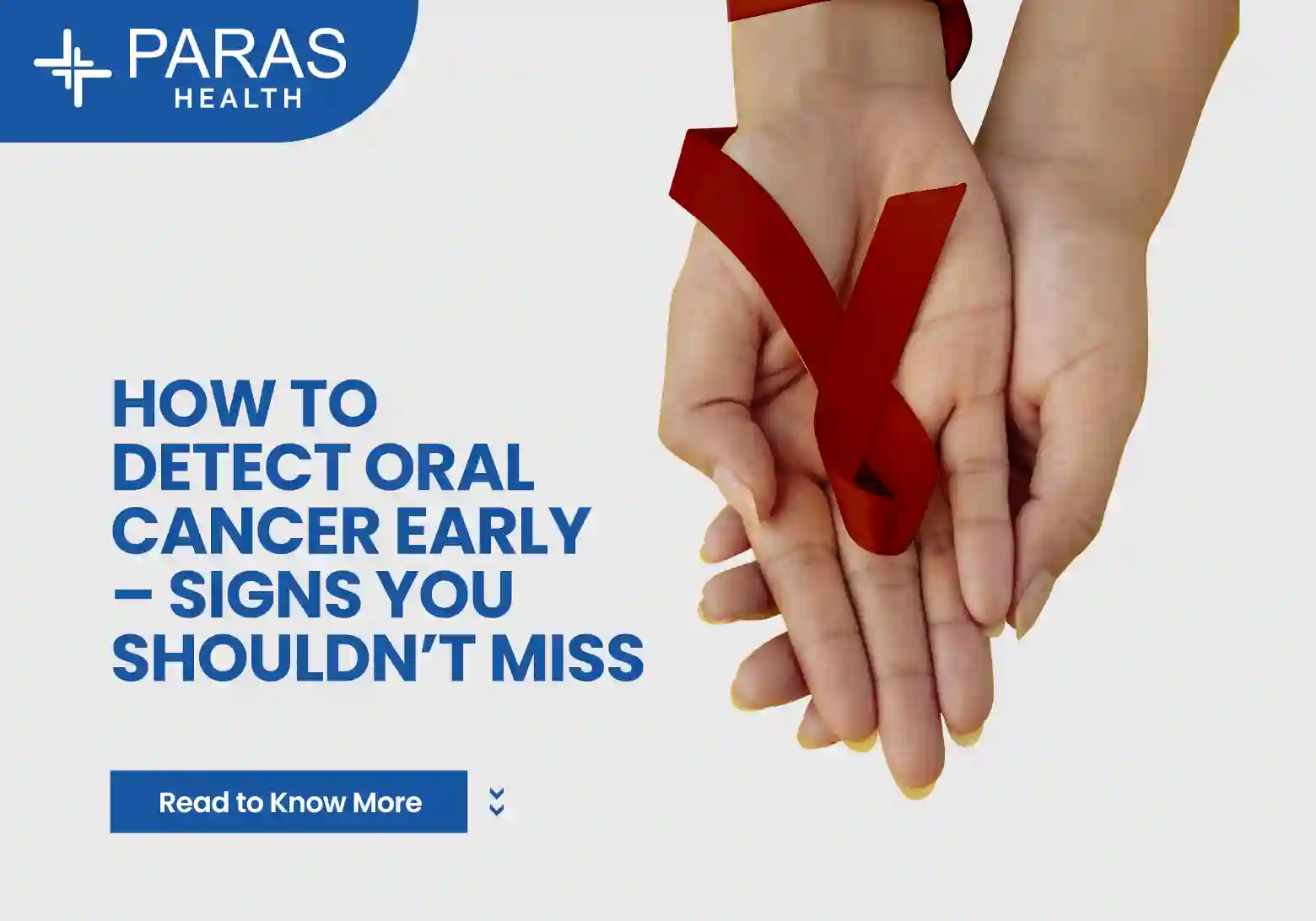HPV & Cervical Cancer
in
Onco Care
Apr 19, 2022
- Despite of availability of a vaccine that guards against human Papilloma virus (HPV) common misconception are still present about HPV and its link to certain Cancer.
- HPV is not one virus but a group and not all of them are linked with cancers. HPV is actually about 40 viruses transmitted sexually and they are so common that over. 80% of adults will have some kind of HPV exposure in this life time. Of the many strains that exist , about 10 are linked with an increased risk of certain kinds of Cancers.
- Two strains.in particular HPV -16 and HPV-18 account for the majority of HPV caused cervical cancers. Most people with a strong immune response, clear HPV from their bodies. But for those who are unable to clear it, the virus can trigger changes at the cellular level.
- These changes happen in epithelial cells , found in cervix, vulva, anus and parts of throat. HPV causes these cells to grow too much and not die off. These changes are known as “ Dysplasia” which can cause cancer if it persists for a long time.
PREVENTING HPV:-
- Because some type of HPV can lead to cancer vaccination is recommended for males and females aged 9-26. The vaccine protects against seven of the most common cancer causing HPV and two types that cause genital
- GARDASIL 9 is an HPV vaccine approved by US FDA. A three dose vaccination schedule is recommended at 0,2 and 6 months, but it was found the the two dose vaccination schedule, at 6 monthly interval gives the same amount of immune response especially in children (<15 Years). Parents should consider the potentially life sharing benefits of this
SCREENING FOR CANCER :-
- For those beyond the age of HPV Vaccination, Safe sexual practices and regular cancer screening are recommended.
- Cervical Cancer screening includes pap test, which detects ab normal cells in the cervix that may develop into cancer. Other test can look for the high risk type of HPV in cervical cells.
- Women ages 21 through 29 should receive a pap test every 3 years and women 30 to 65 should receive a HPV test and a PAP test every 4 to 5 years or a PAP test alone every three years.
- Those with certain immune system deficiencies may need to be screened more frequently and women who have had a hysterectomy do not need to have cervical screening unless the surgery was done to treat a precancerous lesion or cancer in the cervix.









